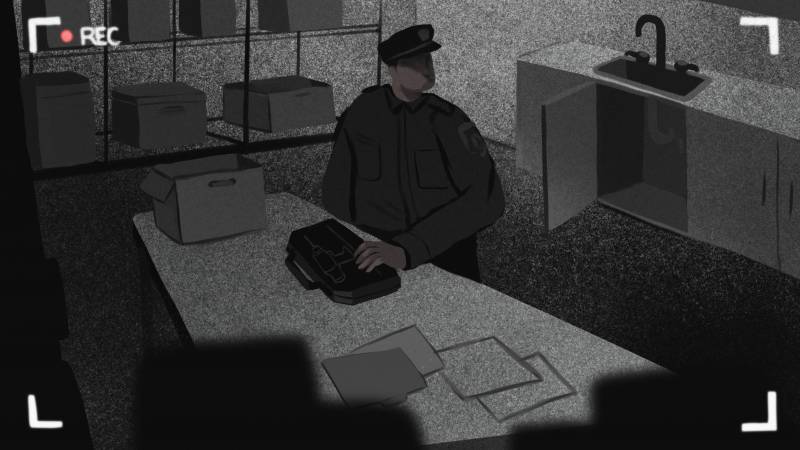Antioch police officials suspected one of their veteran detectives of leaking operational details as far back as 2010. But they didn’t fire Santiago Castillo for another seven years. During that time, he investigated hundreds of cases, including several homicides, and his testimony helped put dozens of people behind bars.
The detective had a “significant measure of influence over this organization,” but “that trust has been waning in recent years,” according to the internal investigation.
The local prosecutor’s office knew about Castillo’s 2017 firing, but it wasn’t until his case became public under Senate Bill 1421 that the district attorney took a second look at those convictions.
District attorneys have a direct legal obligation to know and to share that information about officer misconduct with defendants under a landmark 1963 Supreme Court decision: Brady v. Maryland.
In the sixth episode of On Our Watch we ask: In a secret system, what are the incentives for departments to investigate officers suspected of dishonesty or for district attorneys to undermine their witnesses?

9(MDAxOTAwOTE4MDEyMTkxMDAzNjczZDljZA004))
